Here Are the 12 Things I Will Miss About Italy
And they aren't the things you might think I would miss.
Since posting this Cappuccino about our decision to repatriate to New York City, I’ve experienced an entire alphabet of emotions: D is for the dread I feel having to trade in my peaceful life for the madness of … well. not a city, but that city; G is for the grief of leaving a country I love; T is for the tourists that lay siege to the city blocks I will forced to traverse in search of employment; M is for money, which is the god and sovereign of our lives, it would seem, even for those of us who rightly see it as a Faustian bargain: Here is my precious time, my human dignity, and my mortgaged soul, now give me some money.
Italy is a country of the senses and the soul. It is purely female. For centuries, men have fought and shed buckets of blood to possess her, but she will not be possessed. It is the conflict that sets Italy in perpetual opposition to itself. It is why Italy continues to struggle. Left to her own devices, Italy gives you the Renaissance; under the oppressive chokehold of men who do not truly love her, she gives you war.
After nine years, Italy has passed into my bloodstream. Since leaving Pasadena, California, for Houston, Texas, at the age of twelve, Italy is the first place I felt communion. In discernible ways, Italy reminds me of California—the quality of the light, the diversity of its topography, its craggy, cold-water beaches. Since the moment I set foot here, I have been enchanted by all the things my heart yearned for that no amount of money will buy you in the United States; that, indeed, we appear to be wholly allergic to: history. Italy is steeped in it. Most buildings are coated in the patina of time.
Here then is a by-no-means comprehensive list of the things I will miss the most about Italy. I’m sure there will be more. These memories creep over you so gradually, often it is the thing you thought least about that ends up haunting you the most. I accept this.
Cappuccino. It’s always the little things, isn’t it? While it’s true that making a great cup of coffee is becoming a lost art here in Italy, if you know the right places to go, you can still find one. It takes time—months, if not years—to really perfect the technique, but at some of your more out-of-the-way, old-school bars, that perfect cappuccino awaits you. It’s the first thing you look for when you’ve been away from Italy. Even at Fiumicino Airport in Rome, the minute I disembark, I find my favorite coffee bar and savor the flavor you can’t find anywhere else, and that’s Italian cappuccino.
The Element of Surprise. One of the most remarkable things about Italy is how she surprises you. Open the door of any unprepossessing palazzo, and you will find Roman cisterns, vine-covered courtyards, a 500-year-old fountain, a frescoed loggia. During the Renaissance, if it stood still, some artisan painted it, and everywhere you look, unexpected beauty abounds. Turn the corner, and there’s a breathtaking medieval village clinging to the side of a mountain. Turn another corner, and there’s a field of sunflowers. When it comes to beauty, Italy has an embarrassment of riches, and Italians are vastly spoiled by them. Many prefer the newness and energy of a place like New York City, which is truly ironic.
Those Operatic Skies. If the skies over England are gray and Heathcliffian, all scudding clouds and brooming winds, then Italy’s skies are the battle between good and evil, heaven and hell. They are the eye of God, and as such, reflect the nature of the people they look upon. Any Italian can make a thunderhead out of a wispy cirrus, but it took a Caravaggio, a Giotto, a da Vinci to make us feel the psychology of clouds.
Italian Doors. I could spend a lifetime studying Italian doors, since no two are exactly alike. In medieval villages in particular, doors are paint-flaked and ramshackle, each leading to hidden surprises inside. Italy ages the way her native daughter Sofia Loren ages, which is to say beautifully. Entire histories are revealed in each fissure, each carved stone cornice and entablature. Our own portone (big door) downstairs is a work of art.
Italy’s Traditions. One of the most charming things about Italy is her time-honored customs. John finds them annoying (a few days ago, for instance, was the annual celebration of La Befana, which made him grumble that all the stores were closed over “a stupid Christmas witch.”) but I love Italy’s traditions, all of them, with near-religious devotion. No Italian can resist pageantry. There are the numerous church processions, which I faithfully catalogue on my phone, but there are the lesser-known traditions as well that are just as powerful. The Infiorata festivals, for instance.
During the months of May and June, streets are paved with flower petals, sometimes in abstract designs, other times in glorious mosaics. First, a chalk outline is sketched, and then the lines are filled in with soil or coffee grounds. Italians stay up all night long making these wondrous creations, and I’ve stayed up all night, too, watching them.
Italy isn’t good at looking forward, but she’s quite adept at looking back, ergo her predilection for tradition. May she never change.
Italians. You simply can’t have Italy without Italians. Yes, yes, I know how frustrating they can be—”two hours” to an Italian workman can mean any number of things, including “two months from now.” They’re clannish to a fault, incapable of seeing the big picture, and there’s a sense of learned helplessness that likely comes from having been invaded by enemy forces, on average, once every hundred years. But for kindness, generosity, patience (except behind the wheel of a car), talent, and conviviality, I defy you to find any country in Europe more abundant in these virtues.
I admire their ability to yell, shake their fists, and “get it all out,” which is so much healthier than our seething Lutheran rage. I admire their unwillingness to compromise family. Family is Italy’s greatest strength and also her greatest weakness.
Mostly, I admire Italian fatalism. Ask any Italian about politics, the government, the world at large, and he will not only shrug, he’ll raise his hand, bring the tips of his fingers together, and shake them up and down in that classic Italian gesture. “Che cazzo vuoi,” he’ll say. What dicks.
And that will sum it up perfectly.
The Mozzarellas. Until you’ve had a mozzarella bufala lattosio, you simply haven’t eaten anything worth eating. Bufala mozzarella is the gold standard for creamy, slightly salty, deliciously milky cheeses, and one of our favorite places that makes it is in an industrial park in Orte about fifty yards from a packed McDonald’s. Do I understand this? No. For seven euros, you can get a mozzarella bufala lattosio the size of a child’s head, and let me tell you, there’s no coming back from that. Those awful “mozzarella string cheeses” that come in individual body bags plastic wrappers at a U.S. supermarket? The next time you see one, you’ll be tempted to gag.
Mom-and-Pop Shops. There’s something soul-deadening about corporately owned franchises. They all look the same (sleekly generic and over-produced), offer the same products, and have the same glassy-eyed guy behind the counter. Mom-and-pop stores, which are plentiful in Italy, don’t have the space to store a lot of inventory, but when they say they can order for you, they usually follow through. I love the lack of corporate presence in Italy, particularly in the smaller villages, and if you think about places in the U.S. where people tend to go, almost all of them involve smaller towns where mom-and-pop stores are still available.
Corporate culture is gross and should be put down like a rabid dog.
There are Vibrators in Vending Machines. Italy isn’t renowned for its feminism, but to me, few things are more female-affirming than vibrators in vending machines. You wouldn’t think a Catholic country would throw down like this, but it does, and the first time I saw a vibrator in a vending machine I felt so seen. In the U.S., women’s sexuality has been commodified, compartmentalized, pathologized, and now demonized (the abortion fight is part of this oppression). But Italy just hands you and vibrator and says, “Here.”
Italian Nonnas. Few things on earth are cuter than an Italian nonna. I like my nonnas like I like my pugs: wrinkly. Preferably in a patterned housecoat, lightweight summer cardigan, and sensible, square-heeled shoes. Optional support hose rolled to the knee. Rosary in a pocket or dangling from one hand. If you want to know what’s going on in the village, just ask a nonna.
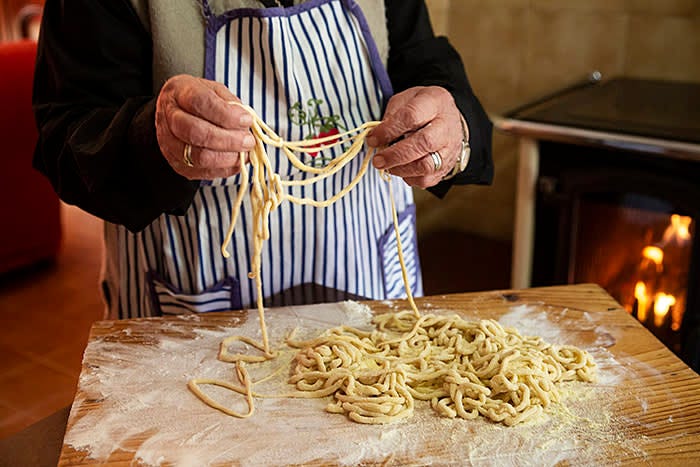
There are house nonnas like the one described above, but nonnas come in assorted other flavors, too, such as the sporty nonna (hair in apricot rinse, tennis shoes, stretch pants instead of a housecoat), a church nonna (headscarf, loafers, cardigan), and a fashion nonna (jewelry, painted nails, dyed hair, dramatic eyeliner).
Nonna knows what you did. If she doesn’t know, she’ll find out soon enough, believe me.
Italian Churches. Nowhere will you find more awe-inspiring churches than Italy. Sure, there are some spectacular ones to be found in other countries, but taken on the aggregate, Italy has a wrap on gorgeous Renaissance churches. I would spend all day in them, if I could. I would organize tours. You don’t have to be a believer to appreciate the artistry and skill that went into crafting these houses of worship, and they make most other churches look downright shabby.
Italian Swearing. If you’re looking for the delicious swear words, look no further than the Italian language. Who else could swear this artfully and still make it sound like poetry? In fact, I wrote a whole Cappuccino about Italian swearing, and I strongly urge you to read it, especially if you want to understand the distinction between bad language (which is allowed on television) and bestemmia (blasphemy), which is not. Umbrians are particularly gifted blasphemers.
I, for one, am impressed.
Have you visited a foreign country and come away with any impressions you’d like to share? Be sure to leave your comments in the comments section below.


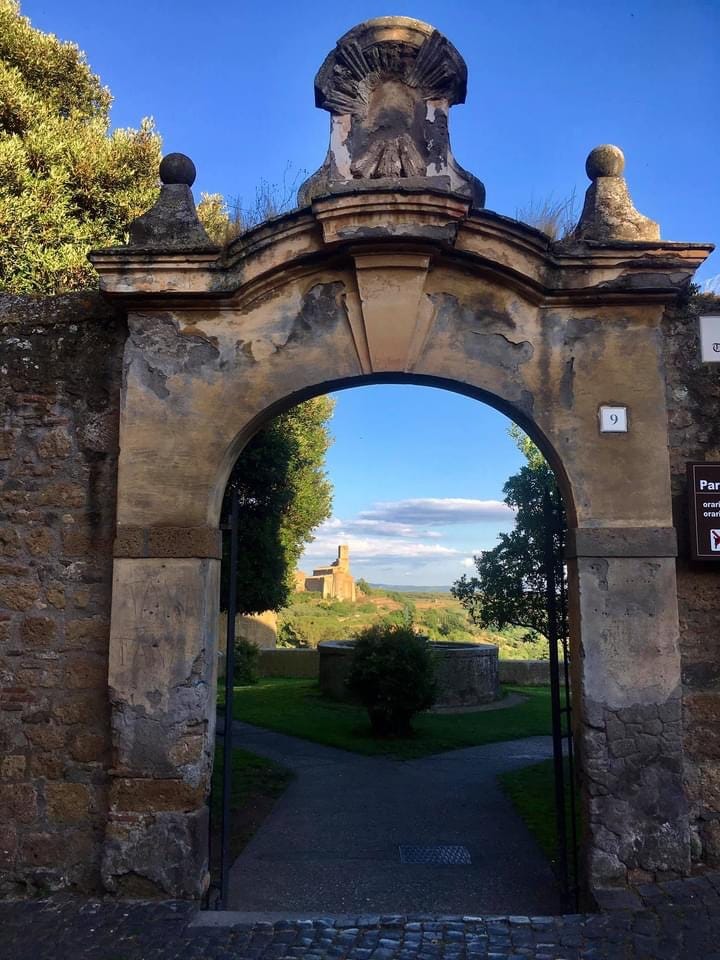



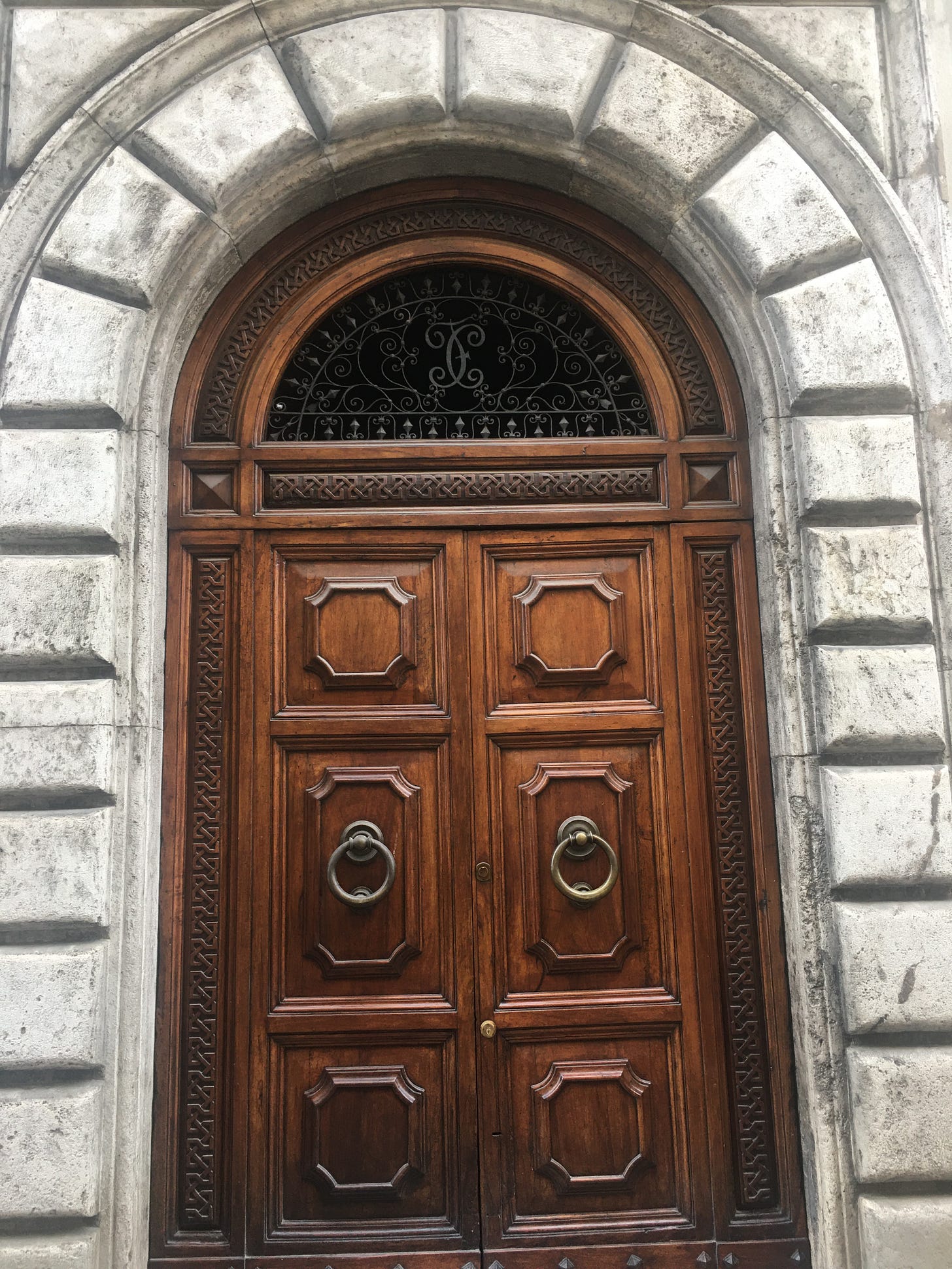
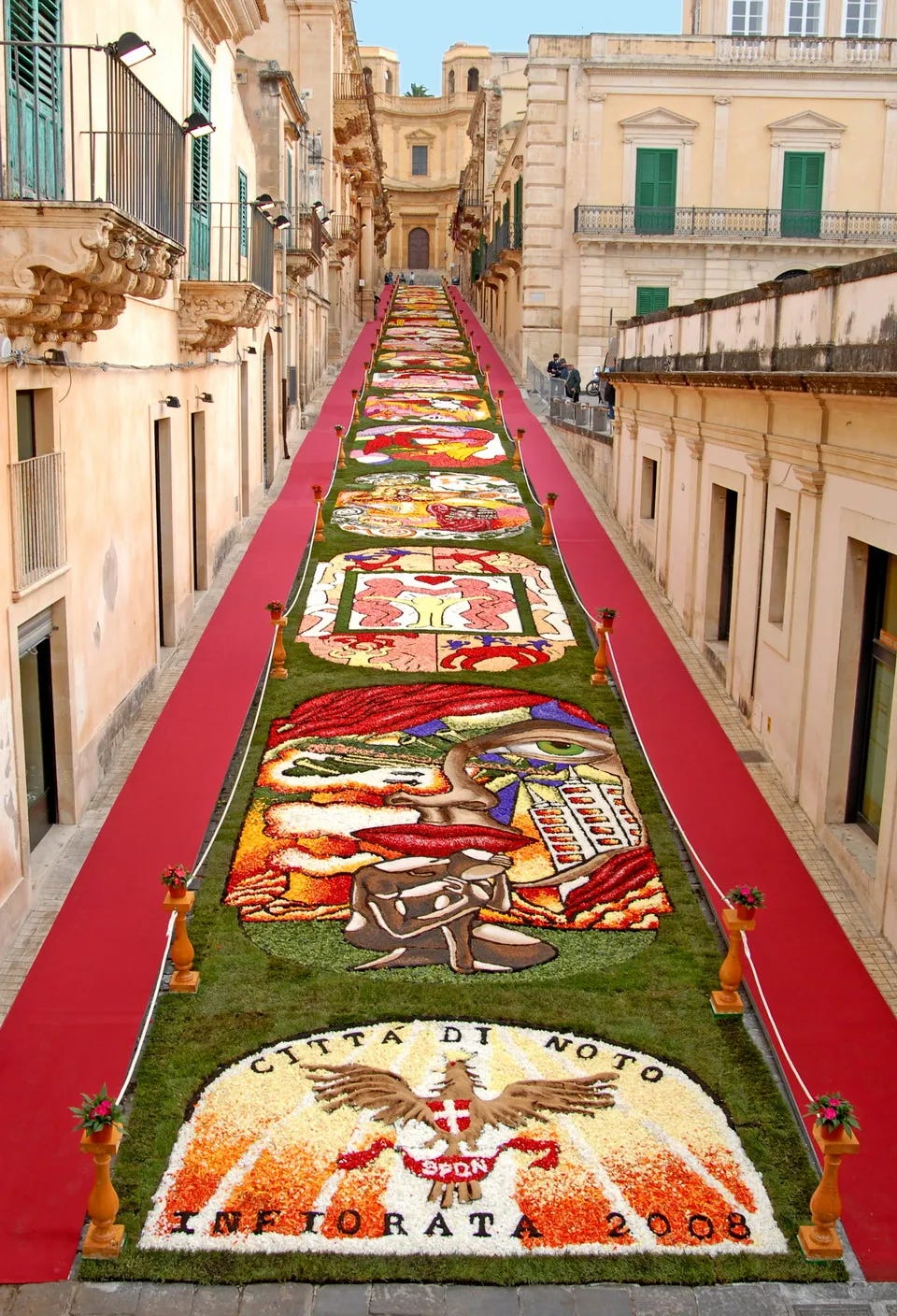
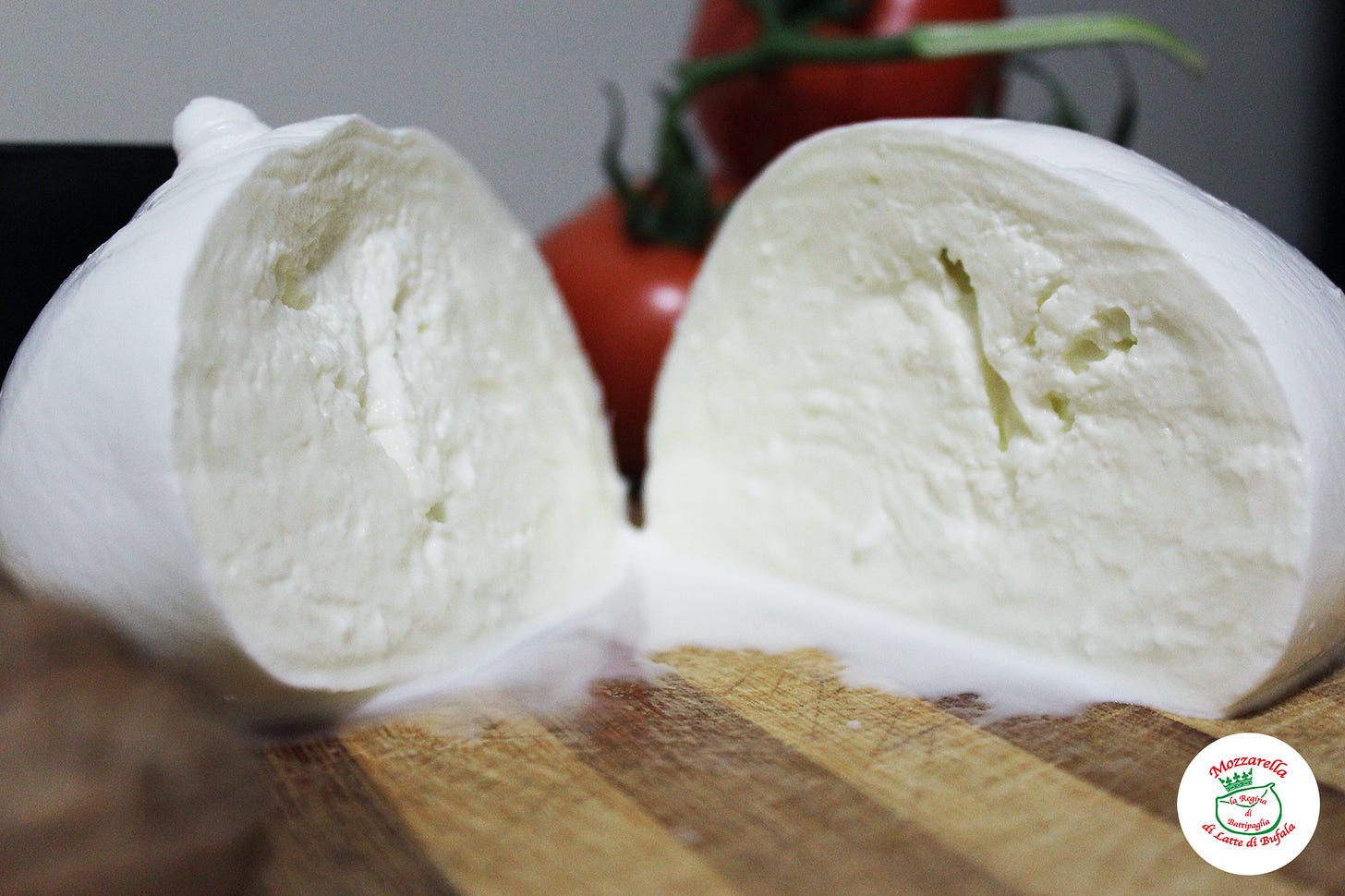
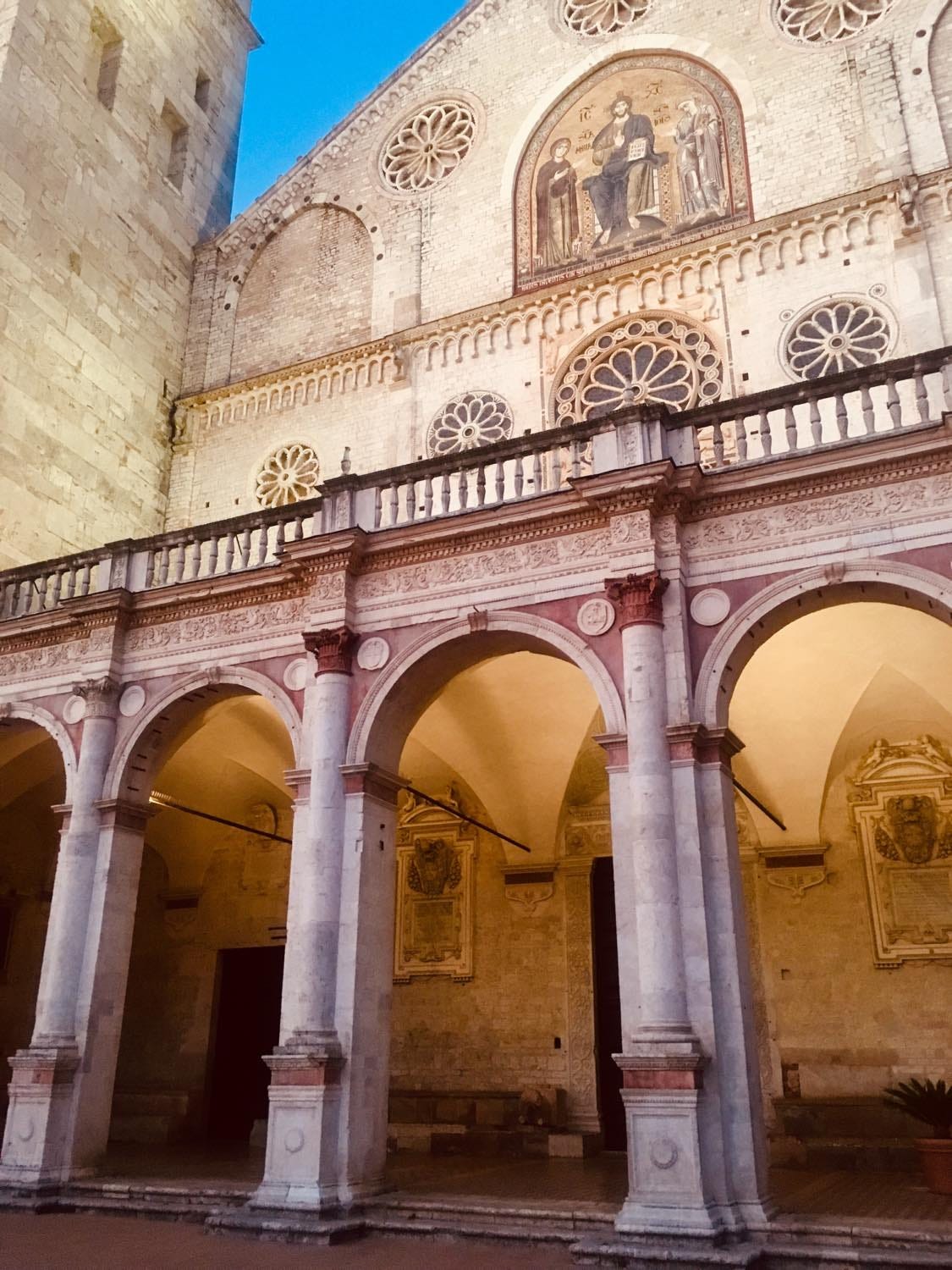
The first time I came to Italy, I was seven. You forgot to mention Italian cats.
My mother could bribe me to go to any art gallery or palazzo in Rome by telling me we would go to Caesar's prisons to visit the Kitten Nursery run by two aged Nonnas.
Every ruin I went to in Rome included cats. There were cats attached to restaurants on the Via Veneto. My favorite restaurant had a black cat who was fed in the evening from scraps left by customers.
Italy is lovely and beloved, partly because of her cats. <3 <3 <3
OMG...
I sooooo miss your brilliant, earthy, sensual, writing.
File this one away...the last line of the novel..."che cazzo vuoi."
Your photos make me swoon with thoughts of the past. In 1970 I moved to Europe and worked for a travel company....
Based in Zurich. Italy became my LOVE...my passion. I didn't return to the State's for 10 months. As I write...I can't stop crying. Your photos flood my mind with long forgotten cherished memories.
I can see you stage a photo exhibit in New York.
Can't wait to finally meet John.
Love 💕💕
Swale